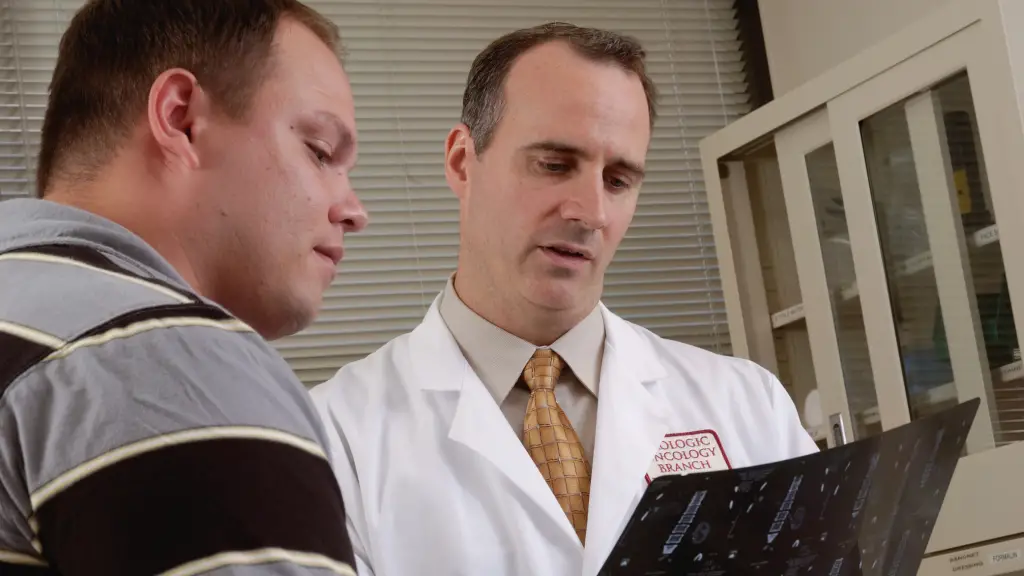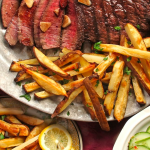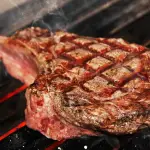Some people on a carnivore diet report side effects such as kidney stone formation. However, the carnivore diet is often cited as a way to cure kidney stones.
No research supports the idea that a carnivore diet leads to kidney stone formation. This diet does not increase the risk of kidney diseases, and in fact it can prevent the conditions that lead to kidney stone formation.
TABLE OF CONTENTS
What Is the Carnivore Diet?
The carnivore diet involves the addition of meat or animal products into the diet and the exclusion of all other sources of foods, including carbohydrates, dairy, vegetables, nuts, legumes, and seeds.
This diet focuses on zero carbs and 100% animal-based foods. Many people find that a carnivore diet helps them lose weight, improve their mood, reduce inflammation, boost their mental clarity, and treat the symptoms of chronic disease.
Causes of Kidney Stones

One of the major causes of kidney stones is the formation of calcium oxalate. Oxalate is abundantly found in vegetables, nuts, legumes, fruit, and seeds.
A recent study has found oxalate plays a role in the risk of mitochondrial dysfunction (Patel, 2018).
Another study also highlighted that ionic oxalate exposure can alter the composition of breast normal cells into tumour cells (Castellaro, 2015).
In short, removing oxalate-rich foods removes one of the major causes of kidney stones.
Can the Carnivore Diet Cause Kidney Stones?
To date, no research has found that a low-carb diet can increase the risk of kidney stone formation. The carnivore diet decreases your exposure to oxalates and salicylates, as these compounds are mainly found in non-meat foods.
While it is well recognized that high blood pressure and diabetes increase the chances of developing kidney diseases, these conditions can be controlled through a carnivore diet — hence the declining risk of kidney disease development.
Excess protein is associated with different stone formations, but this can be easily prevented by drinking adequate quantities of water.
In 2005, experts concluded that limiting protein intake may help to treat existing kidney diseases, but no evidence was found to blame high protein intake for deteriorating kidneys in a healthy person (Martin, 2005).
Can the Carnivore Diet Heal Kidney Stones?
Kidney stones are formed because of the accumulation of calcium oxalate and the primary drive of this compound is foods like spinach, peanuts, chocolate and other non-meat-based foods. The continuous consumption of oxalate-rich food can promote the growth of this stone and deteriorate the patient’s condition.
The carnivore diet omits the intake of oxalate-rich non-meat foods from the diet. It may prevent further growth of the stone, and therefore may speed up the treatment process
It has been found that excess intake of protein can overload the kidney and affect its function and may lead to stone formation. But here “excess” is the main factor. The carnivore diet only includes the consumption of protein within a natural limit.
What to do if you Have Kidney Stones on a Carnivore Diet
If you have kidney stones when starting the carnivore diet, you will likely notice an improvement in your treatment.
In addition to following the diet, the following actions may help treat your kidney stones:
- Prevent the excess consumption of lean meat
- Increase your fluid intake
- Use lemon juice to help the stones flush out from the body
- Use apple cider vinegar to help prevent the growth of stones and break them up
Read more about how the carnivore diet can also help other health conditions:
- Carnivore diet and arthritis
- Carnivore diet and erectile dysfunction
- Carnivore diet and hair loss
- Carnivore diet for IBS
- Carnivore diet and inflammation
- Carnivore diet and insomnia
- Carnivore diet and menopause
- Carnivore diet and multiple sclerosis
- Carnivore diet for psoriasis
- Carnivore diet and rosacea
- Carnivore diet for SIBO
Sources:
Mikita Patel, Vidhush Yarlagadda, Oreoluwa Adedoyin, Vikram Saini, Dean G. Assimos, Ross P. Holmes, Tanecia Mitchell,Oxalate induces mitochondrial dysfunction and disrupts redox homeostasis in a human monocyte derived cell line, Redox Biology, Volume 15,2018, Pages 207-215,ISSN 2213-2317
Castellaro, A. M., Tonda, A., Cejas, H. H., Ferreyra, H., Caputto, B. L., Pucci, O. A., & Gil, G. A. (2015). Oxalate induces breast cancer. Cancer, 15, 761.
Martin, W.F., Armstrong, L.E. & Rodriguez, N.R. Dietary protein intake and renal function. Nutr Metab (Lond) 2, 25 (2005).









Leave a Reply